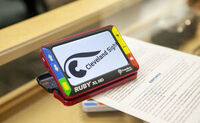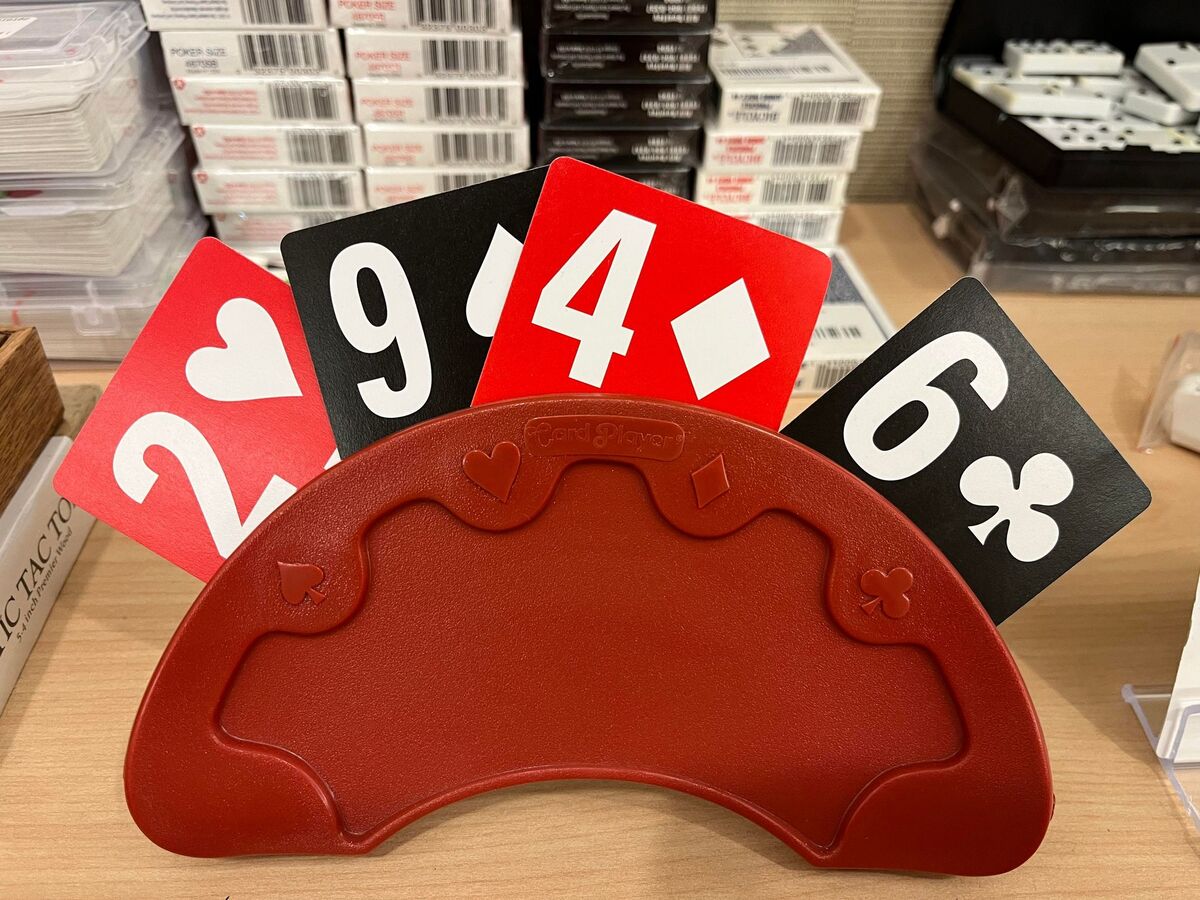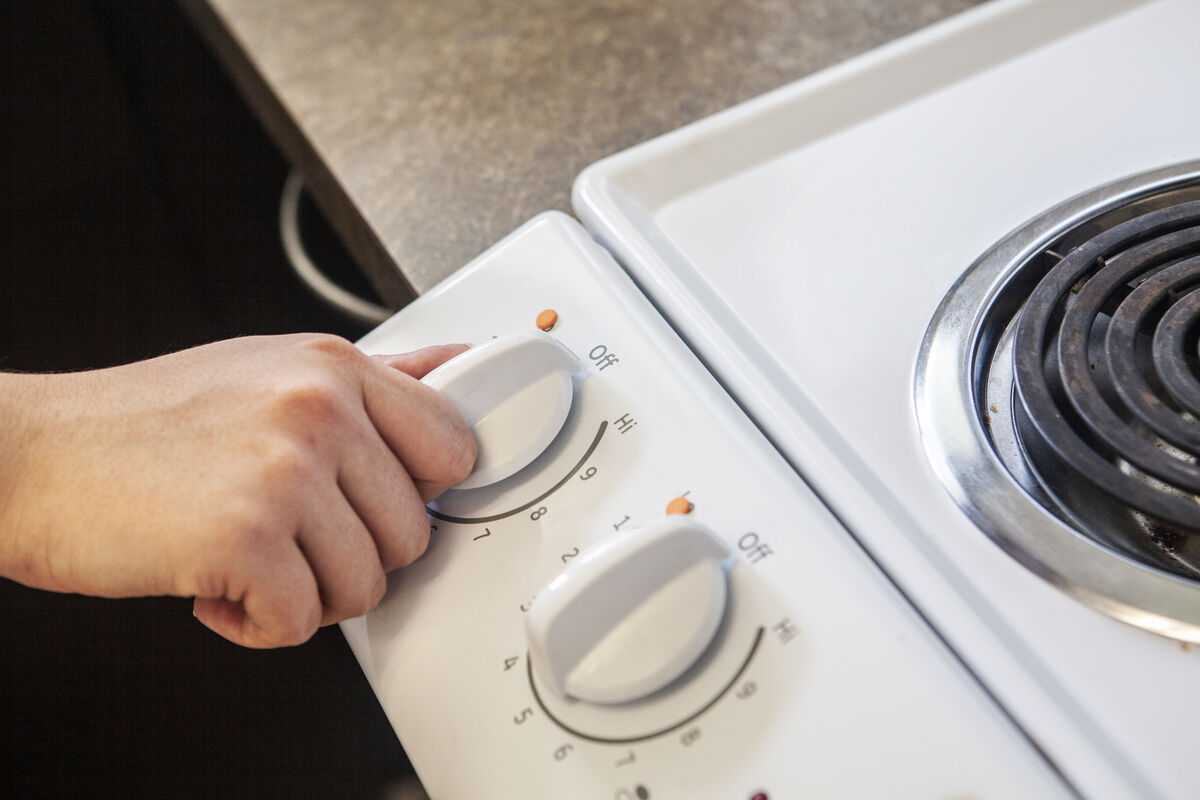BLOG: Assistive Technology Awareness Month

Do you wear glasses? Do you depend on Alexa or Siri to help you with tasks? Did you know those products are considered assistive technology? November is Assistive Technology Awareness Month, and Cleveland Sight Center is dedicating this blog to the cause.
 As the name implies, assistive technology (AT) is anything used to simplify life for people with disabilities. AT is a broad term covering both the systems and services related to the delivery of assistive products and services. AT specifically helps its user overcome barriers they may face due to accessibility.
As the name implies, assistive technology (AT) is anything used to simplify life for people with disabilities. AT is a broad term covering both the systems and services related to the delivery of assistive products and services. AT specifically helps its user overcome barriers they may face due to accessibility.For example, members of the blind and visually impaired community will use a variety of AT to make their daily lives easier, depending on their needs. Something as small and simple as bump dots, a tactile marker used to identify buttons or a setting on items like appliances that are used often can be considered AT. Playing cards with larger fonts and high contrast colors can also be considered AT. Of course, AT is also high tech, like closed circuit television (CCTV) magnifiers. This AT offers a variable magnification range, from 2x to 50x enlargement or even greater, with a sharp, magnified image displayed on a large, high definition monitor.

It’s important for people buying AT to know these products are not one size fits all. For example, if you are near sighted, you wouldn’t want or need reading glasses. You’d need lenses that help you see far away.
Unfortunately, many people who need AT do not know of the many products they can use to make their life easier. That’s why it’s important to spread the word this Assistive Technology Awareness month!
“One billion people need assistive products today and more than two billion people around the world are expected to need at least one assistive product by 2030,” according to the World Health Organization.
If you’re curious about AT that could help yourself or a loved one, come to Cleveland Sight Center and try out items on display. Cleveland Sight Center has an on-site retail store that sells hundreds of low vision aids including the ones mentioned above! Once AT is purchased, an occupational therapist on staff can help the user make the most of their tech.







